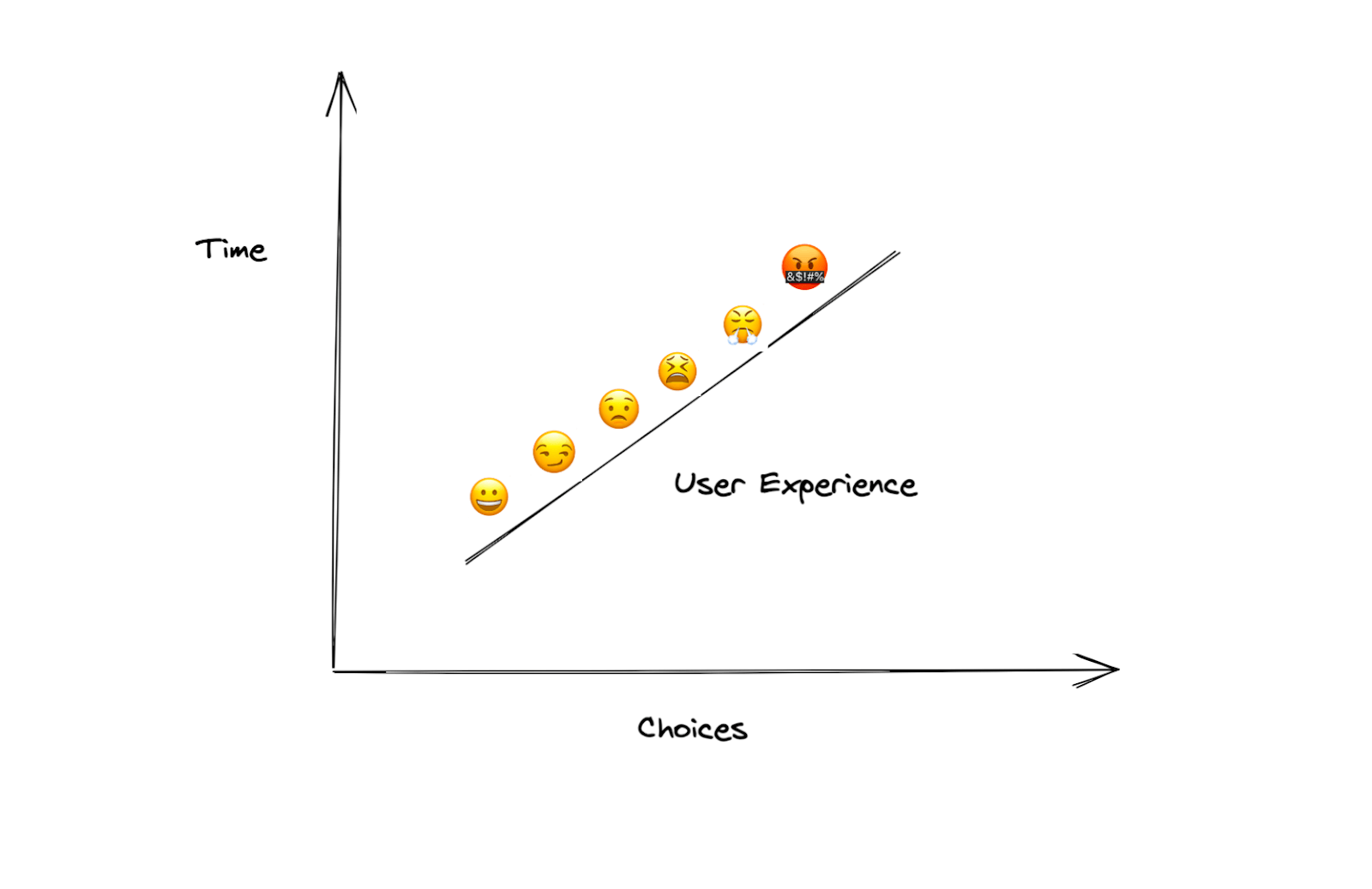In the domain of digital products, the role of digital product managers (DPMs) is becoming increasingly central to the success of organisations. However, the capability of these professionals to drive product excellence extends beyond their individual expertise: it is not enough to merely hire top-tier talent. Organisational success in building and operating outstanding digital products requires a conducive environment that enables continuous growth and aligns with evolving market needs.
Recognising that securing the ideal digital product manager is only the starting point, the questions presented below are designed to be used as a diagnostic checklist to (i) aid digital product managers in evaluating potential employers and (ii) assist organisations in understanding the necessary conditions to cultivate successful products.
The diagram below presents a visual summary that encapsulates the central themes and key questions to be asked.
Products depend on a wide range of people: this includes the individuals or groups involved in initiatives. The people involved in product development are the foundation of success, therefore the right roles, skills and interactions need to be in place to navigate the digital landscape. The success of digital products hinges on the collective capabilities and synergies of the people behind them. The key questions to ask are:
Processes are the series of actions or steps taken to achieve a particular end in a business or organisational context: they dictate the workflow and efficiency of product management. The right processes ensure products are managed effectively throughout their lifecycle. They are a cornerstone of product management, ensuring smooth transitions from conception to market success. The key questions to ask are:
Tools and technology refers to the software and hardware used to facilitate tasks, enhance productivity, build products and enable the delivery of objectives. The right technological resources are vital for the development and management of digital products: they are the enablers of product innovation, growth and sustainability. The key questions to ask are:
Initiatives, projects and portfolios encapsulate the organisational efforts towards achieving specific goals. They are useful vehicles to manage and prioritise work and pursue strategic objectives. When they are well-formed, they support the organisation by creating alignment and clarity of vision across all efforts so that it can move forward cohesively. The key questions to ask are:
The environment includes the external and internal factors that shape the operational dynamics of an organisation: it can make or break the success of a product. The environment within which digital product managers operate can significantly influence the success of product management efforts. The key questions to ask are:
The landscape of digital product management is complex and demanding, requiring not just skilled digital product managers but also an organisational framework that cultivates their success. Using the diagnostic questions across each of the five fundamental themes (people, processes, tools and technology, initiatives, projects and portfolios, and environment) can help to create an ecosystem where digital product managers can thrive.
For digital product managers to lead successfully and deliver value-generating products, they must operate within a responsive, supportive, and strategically aligned organisation. Organisations, in turn, must recognise that investing in their structures, processes, and culture is not ancillary but essential to their overall growth and sustainability in an ever-evolving digital landscape.









Comments
Join the community
Sign up for free to share your thoughts